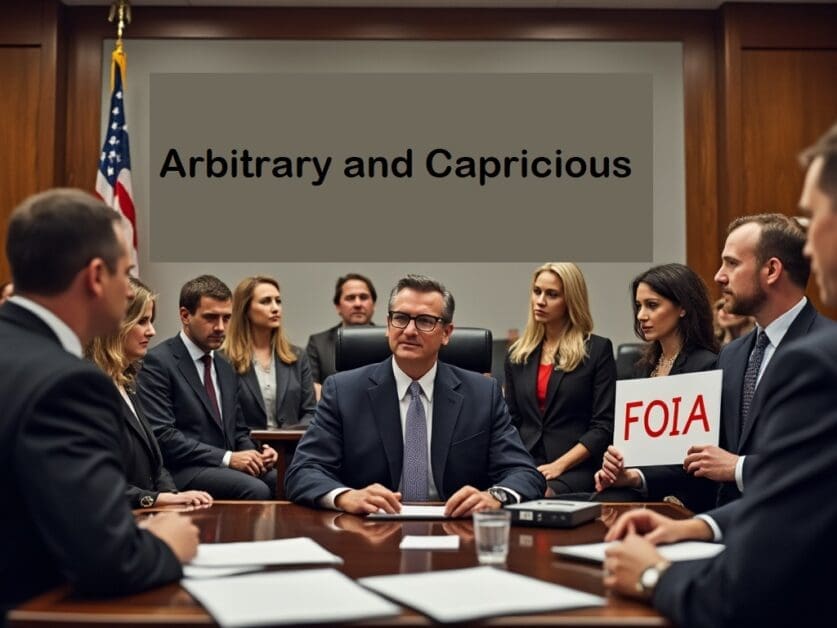Navigating the Complexities of Hate Speech – A Legal and Societal Perspective
You may think that hate speech is just offensive language, but it goes much deeper than that. Hate speech has the power to incite violence, create divisions within communities, and even threaten democracy. Understanding the legal ramifications and societal implications of hate speech is crucial in order to combat its harmful effects. The Legal Framework […]
Navigating the Complexities of Hate Speech – A Legal and Societal Perspective Read More »








